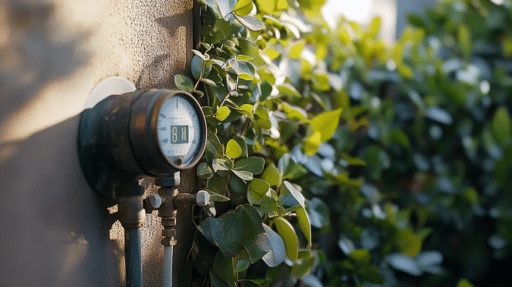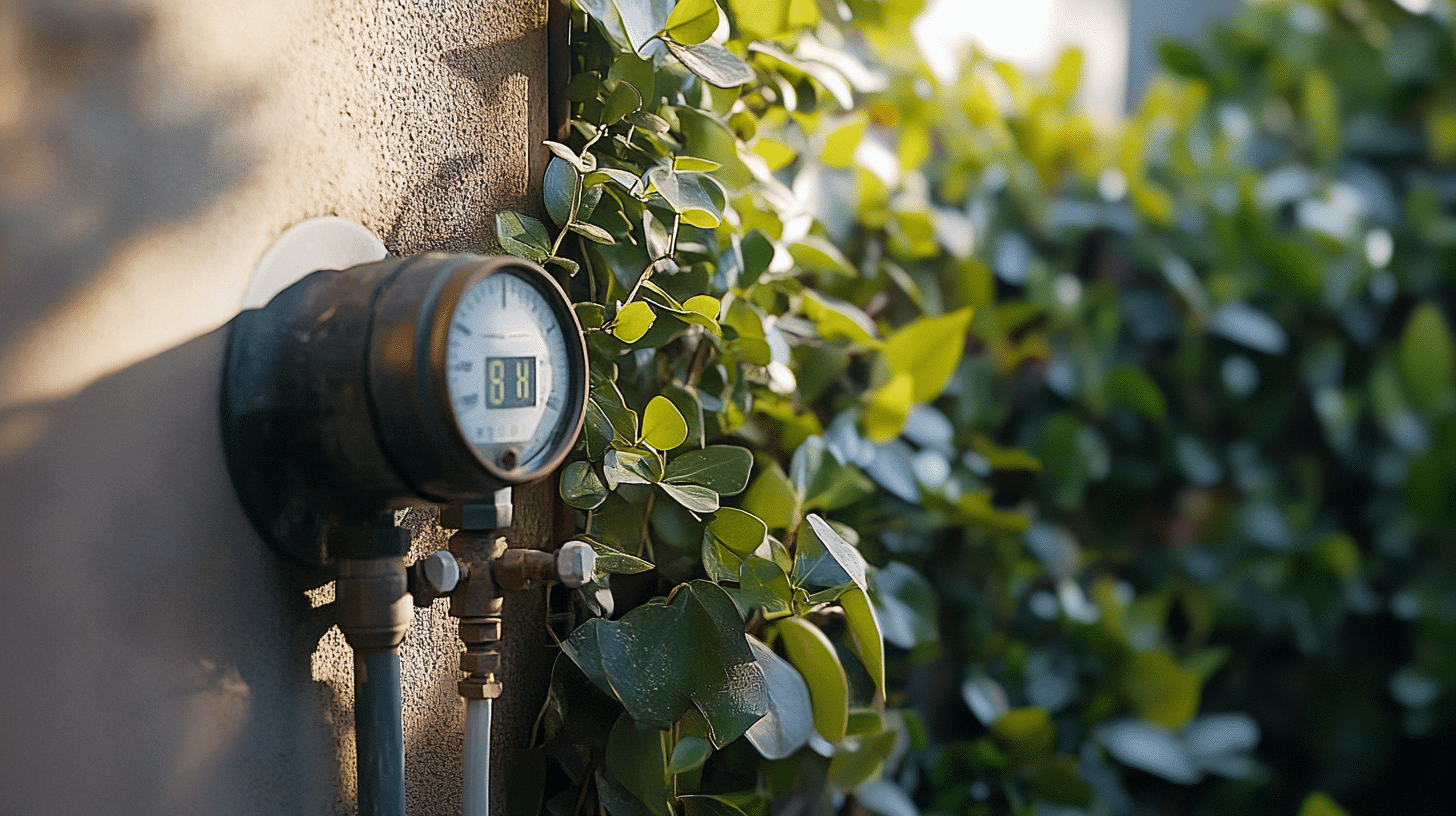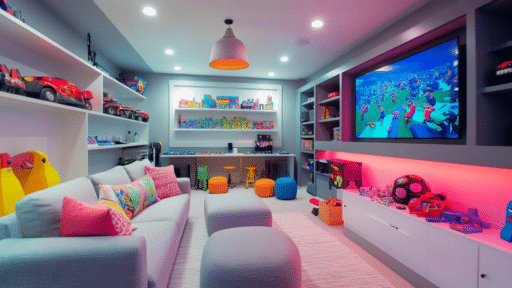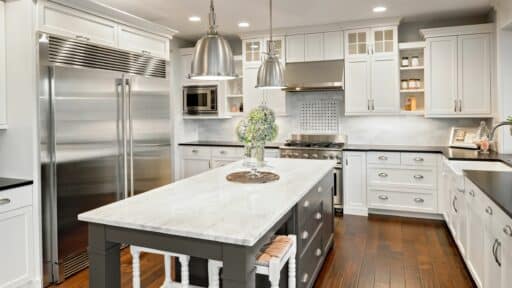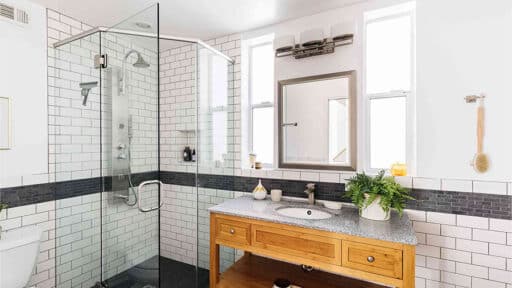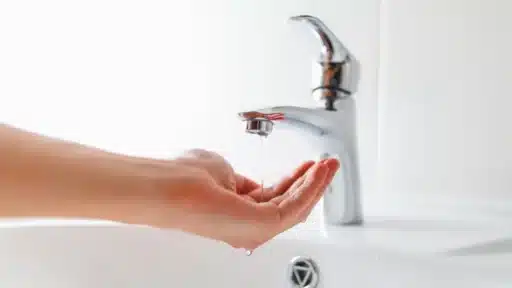Sustainability is no longer just a trend — it’s a necessity. As more homeowners and builders aim to reduce their environmental impact, the focus has shifted towards designing homes that are not only energy-efficient but also water-efficient. Water is a vital resource, and conserving it is one of the most effective ways to create a sustainable home. One of the most essential tools in achieving this goal is a water meter.
Water meters are often seen as a utility tool for measuring water usage, but their role in sustainable home design goes far beyond just tracking consumption. By integrating water meters into home systems, homeowners can monitor, manage, and reduce their water usage in real time, contributing to both environmental and financial savings.
Accurate Monitoring for Better Water Management
In the context of sustainable home design, water meters provide real-time data that enables homeowners to monitor their water usage accurately. This data helps identify areas where water consumption can be reduced, whether it’s through fixing leaks, adjusting usage patterns, or upgrading inefficient appliances.
For instance, by tracking water consumption in different areas of the home, such as bathrooms, kitchens, and outdoor irrigation systems, homeowners can spot inefficiencies and take corrective action. Small changes, like switching to low-flow faucets or reducing the time spent in the shower, can have a big impact on overall water use.
Reducing Waste with Smart Water Management

One of the primary benefits of water meters is their ability to help prevent water waste. Without a clear understanding of how much water is being used, it’s easy to overlook leaks or excessive water use in certain areas. Water meters enable homeowners to detect leaks early before they lead to significant damage or water waste.
Additionally, advanced water meters can integrate with smart home systems to automate water management. For example, if a water meter detects unusually high usage or a potential leak, it can send an alert to the homeowner, prompting them to take action immediately. This level of monitoring helps prevent water waste and empowers homeowners to make informed decisions about their water use.
Cost Savings and Sustainability
Water conservation isn’t just about being environmentally responsible — it’s also about saving money. By accurately measuring and controlling water consumption, homeowners can lower their water bills, which is a key benefit of integrating water meters into a sustainable home design. Reducing unnecessary water use, fixing leaks promptly, and optimizing water-dependent appliances all contribute to financial savings over time.
For those looking to build or renovate a home with sustainability in mind, integrating water meters from the start is a smart move. These tools provide homeowners with valuable insights and help them meet their water conservation goals, while also reducing long-term operational costs.
When selecting water meters for a sustainable home design, it’s important to rely on high-quality, reliable products. Experts at Blue-White Industries specialize in providing precision flow meters and other water measurement solutions that are ideal for homes looking to conserve water. Their products are known for their durability, accuracy, and ease of use, making them a top choice for homeowners seeking to enhance their water management systems.
Final Thoughts
Water meters are an indispensable tool in creating a sustainable home. By providing accurate data, helping to identify waste, and enabling smarter water management, they empower homeowners to conserve this precious resource. As part of a broader strategy for eco-friendly living, water meters play a crucial role in reducing environmental impact and cutting costs. With the right solutions, such as those from Blue-White Industries, homeowners can make a real difference in both their daily water usage and the sustainability of their homes.

